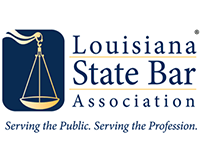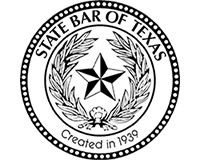
Louisiana Hurricane Claims Lawyer
If your home has been hit by a hurricane, the recovery process can be challenging—to say the least. You will be returning home following an evacuation to assess the damage to your home and your belongings. While hurricanes can (to some extent) be tracked and planned for, even those who are fully prepared can be taken by surprise by the fury of such a storm. Clean-up and the transition into a new routine following a Louisiana hurricane can be difficult. If your insurance company is dragging its feet on getting you the help you need—or outright denying your claim—the challenges will become much more difficult. You need a strong legal advocate in your corner in the form of an experienced Louisiana hurricane claims lawyer from Gulf Coast Insurance Attorneys.
We will have your back throughout the process, fighting for you, your family, your home, and your future. Reach out online or call (504) 438-4507 today!
How Are Hurricanes Impacting Louisiana?
Unfortunately, hurricanes are a fact of life in the state of Louisiana. Every year, from June through November, Louisiana residents turn their attention to the Gulf of Mexico, wondering whether the next hurricane will be the “Big One.” Hurricanes impact the state of Louisiana virtually every year, changing the lives of residents as well as the infrastructure, economics, government, history, and culture of the state. The first recorded hurricane to hit Louisiana occurred on October 23, 1527, destroying two ships and killing between sixty and seventy men on the ships. From this point forward, hurricanes in the state became a relatively “normal” occurrence.
In the late 1980s and early 1990s, increasing storm activity caused more than 1.25 million residents in the state to evacuate in anticipation of a hurricane. Hurricane Katrina in August 2005 brought the most destructive, costly disaster in U.S. history. Though 1.2 million people were evacuated, it was not enough—1,577 Louisiana residents died from Katrina. Within a month of Katrina, Hurricane Rita destroyed almost 250 coastal miles in Louisiana, and Hurricane Ike in 2008 added to the destruction.
Hurricane Isaac in 2012 pushed such a massive storm surge into the Mississippi River that for twenty-four hours the river flowed backward, flooding some areas with twelve feet of water. The next major hurricane devastation occurred in 2017 from Hurricane Harvey, followed by intense devastation from Hurricane Laura in 2020—the most destructive Category 4 storm to hit Louisiana since 1856. In 2021, Ida became the second-most damaging, intense hurricane, ranking second only to Katrina. As you can imagine, Hurricanes in Louisiana have shaped its history, impacting the lives of residents for many years to come.
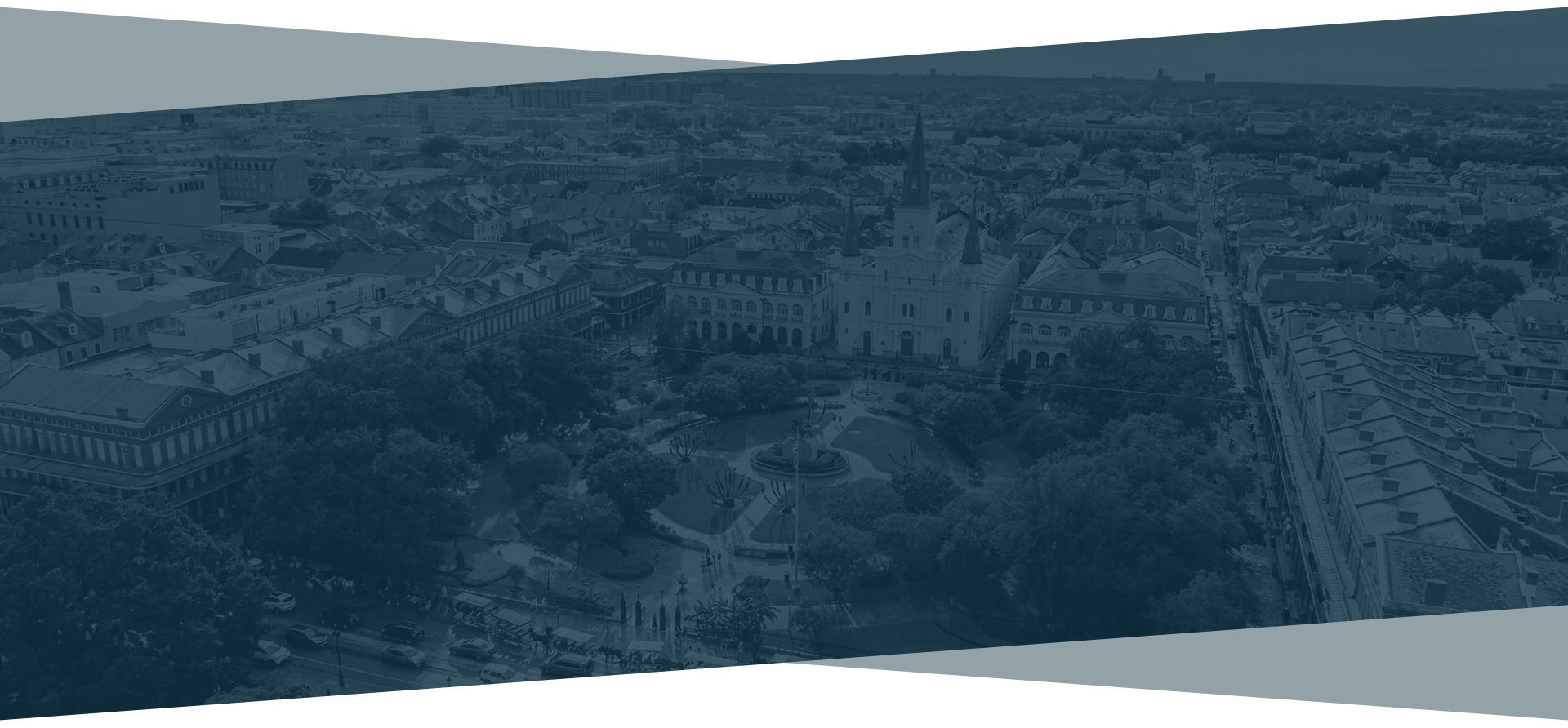

What Are Common Types of Hurricane Damage?
Many hurricanes last for days, destroying homes, businesses, and communities in their wake. No matter the size of the hurricane, you could be left dealing with substantial damages to your home, including:
- Broken glass
- Roof damage
- Water damage from flooding
- Cracks in your home’s foundation
- Damage to the electrical and plumbing systems in your home
- Structural damage to your home, fencing, and outbuildings
- Mold and mildew growth from the flooding
- Destruction of furniture, appliances, clothing, and personal items
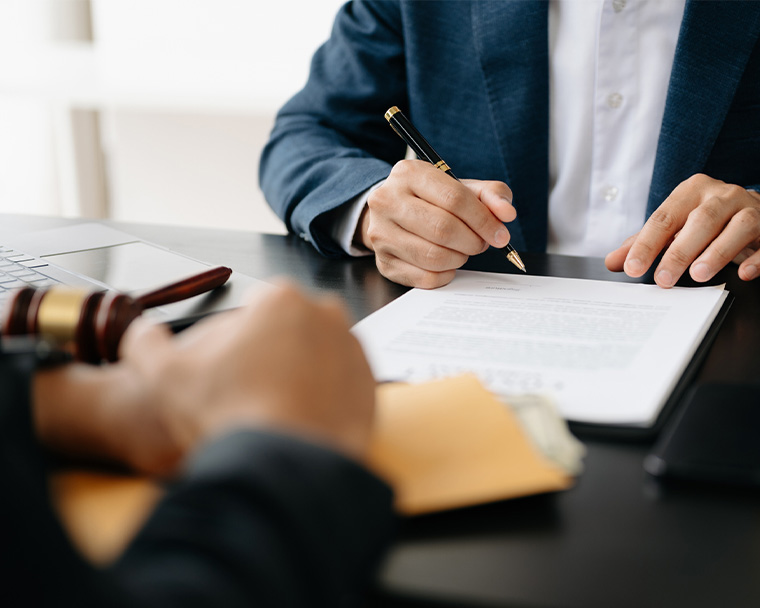

Recognized Excellence Award-Winning Dedication to Client Success
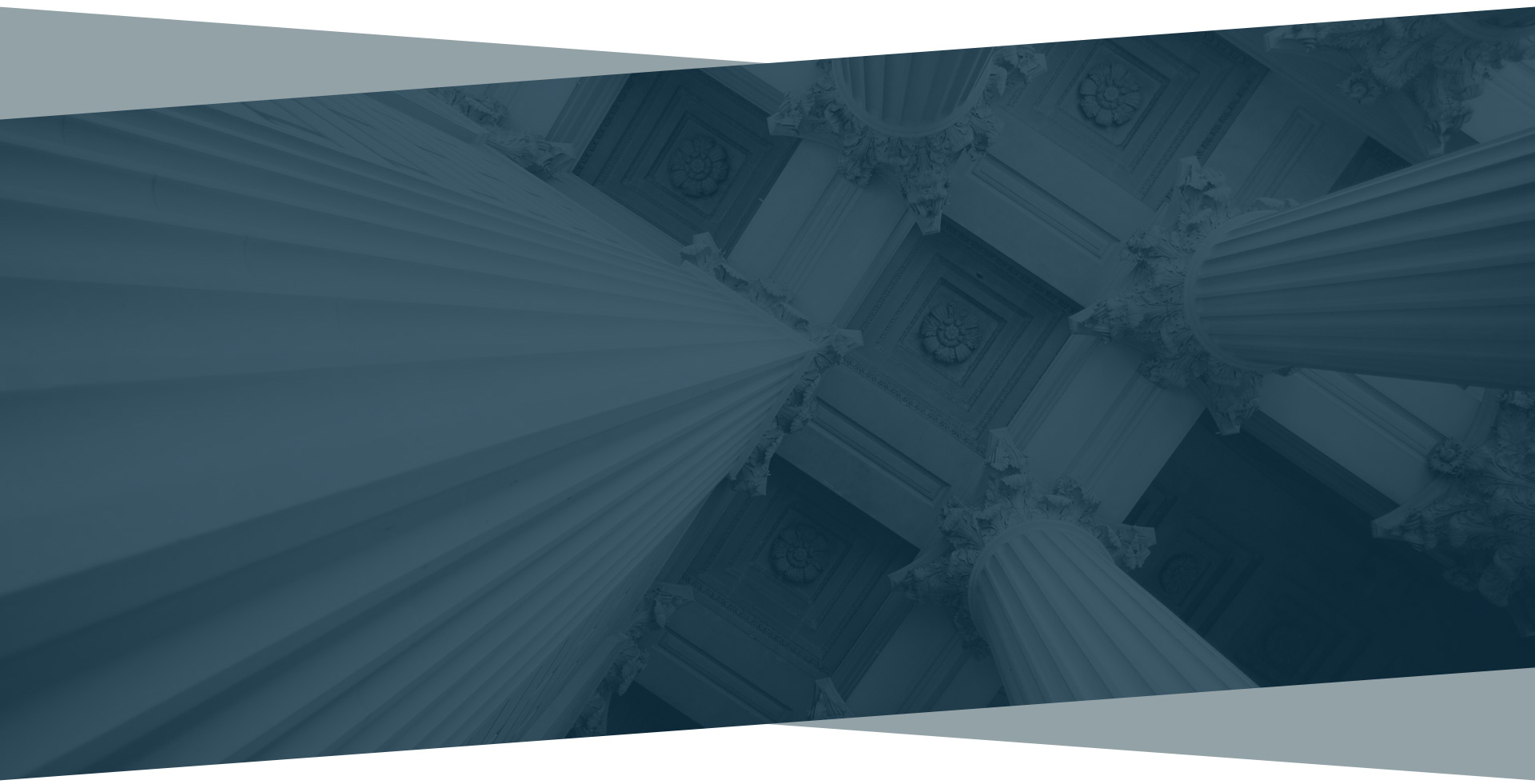
In Your Time of Need, We’re Here for You Why Choose Gulf Coast Insurance Attorneys?
-
100% Free ConsultationsDiscover your options with a no-cost, no-obligation consultation. We’ll listen to your story, explain your legal rights, and help you make an informed decision about your next steps.
-
Offering Virtual ConsultationsYou don’t need to travel to our office to get started. With virtual consultations, we can discuss your case, answer questions, and provide guidance—all from the comfort of your home or anywhere you prefer.
-
Over $25 Million RecoveredTrust a law firm with a track record of securing over $25 million for our clients. Our team knows what it takes to win, and we bring our experience and dedication to every case, fighting for the outcome you deserve.
-
You Only Pay If We WinWith our contingency fee structure, you face zero financial risk—no upfront costs and no fees unless we successfully secure compensation on your behalf. We’re fully committed to achieving results, and you only pay if we do.
Will My Insurance Company Cover Hurricane Damage to My Home?
Your homeowner’s insurance policy might not cover all the damage caused by a hurricane. Standard home insurance usually includes coverage for your home, outbuildings, and fences that are the result of wind damage. Your coverage for damage to the interior of your home caused by wind could be extremely limited, depending on your policy. As an example, if the carpeting in your home is damaged when a tree branch crashes through your window and rain pours in, you might be covered.
If your home becomes uninhabitable as a result of the hurricane damage, you may be entitled to loss of use coverage (if your policy includes this coverage). Loss of use coverage will pay for a hotel, food, laundry, etc. while you are unable to live in your home. Even if your policy covers hurricane damage, this coverage may not include damage from flooding. So, if a hurricane causes a local body of water to flood your home, the resulting water damage is unlikely to be covered.
Because of these exclusions, you might want to add flood insurance to your homeowner’s insurance coverage if you live in an area prone to hurricanes. Flood insurance is sold through the NFIP program under FEMA, sold through private insurance companies, and can extend your homeowners insurance to include flood damage from a hurricane.
